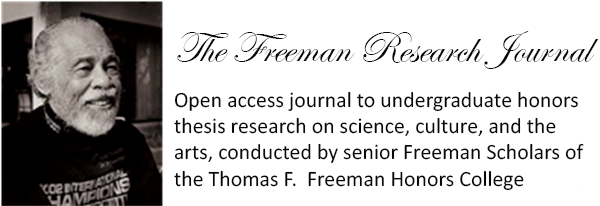
REVIEW ON HONEY BEE COLONY COLLAPSE: PROBLEMS, CONSEQUENCES, AND SOLUTIONS
Abstract
This thesis manuscript is a review on how climate change, nutritional stress, and other factors contribute to colony collapse disorder (CCD). This is a phenomenon when majority of adult bees vacate their hive to die, leaving what little what little is left of the colony to fend for themselves. This phenomenon is considered a serious threat to global food biosecurity. The big question is on when and why honeybees abandon the colony and die. This phenomenon remains a mystery. Unable to study their carcasses for analysis to better serve the pollinator species, there has been a rise in research focused on investigating the key drivers to CCD. My research suggested that the problem of CCD is complex and tied up to the greater problem of climate change and human activities. The focus of this paper is to understand how climate change in a rapidly warming world has contributed to the demise of honeybees. I focused on isolating the major factors and reviewed the data on global warming and its specific impact on honeybee colonies, where many other drivers participate. Evaluation of the interactive and synergistic effects of key drivers revealed how they affected mutually beneficial relationships, and ultimately the ecology of the bees and their habitat. I also investigated and assessed the overall interactive effects of potential synergies between climatic and nutritional stresses and understand how they affect honeybee colonies feeding responses. Notions were evaluated based on colony growth, composition of brood, mortality, total pollen and syrup collection. My review highly suggest that sociality, honeybees’ interdependence on one another are crucial in buffering the negative effects of environmental perturbations and increasing their resilience.

